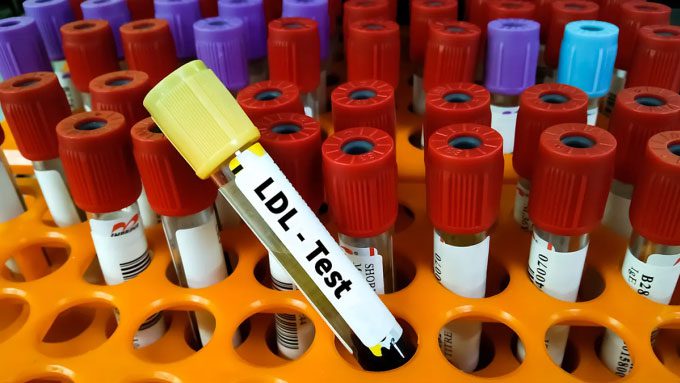Experts say the calorie discrepancy between a vegan diet and a carnivore keto diet may increase bad cholesterol levels.
Nick Norwitz, a 25-year-old medical student at Harvard University, experimented with a vegan diet for a week while recording his health metrics. Prior to this, he had followed a carnivore keto diet to gather comparative data.
The results of his study, published in mid-November, showed that his LDL cholesterol levels increased, contrary to the known health benefits of this diet. Low-Density Lipoprotein (LDL), commonly referred to as “bad cholesterol”, can be harmful to health when elevated.
His vegan diet consisted primarily of tofu, plant-based protein powder, leafy greens like spinach and kale, a small amount of dark chocolate, and macadamia nut butter. The main sources of fat included macadamia oil, extra virgin olive oil, and toasted sesame oil.
Norwitz shared specific nutrient intake details for both diets in his video. “My stomach was quite uncomfortable with the vegan diet. It was just my body’s reaction and gut microbiome,” Norwitz stated.
Despite consuming lower amounts of synthetic and saturated fats, and higher fiber, his LDL cholesterol still rose. This was attributed to the calorie discrepancy between the vegan keto diet and the entirely meat-based keto diet.
The carnivore diet, also known as the carnivore keto diet, is a variant of the ketogenic diet where individuals primarily consume meats and animal products while limiting or completely eliminating plant-based carbohydrates.
With a diet almost entirely consisting of meat, Norwitz consumed 3,479 calories daily, which is equivalent to his maintenance level. In contrast, on the vegan keto diet, he only consumed 2,054 calories daily, significantly less.
The sudden reduction in calorie intake led to weight loss. Norwitz lost approximately 1.9 kg while on the vegan diet. He believes this is a reason for the spike in LDL levels. Previous studies have indicated an inverse relationship between LDL cholesterol and body mass index (BMI) in low-carb diets.
Furthermore, excessive consumption of saturated fats from plant sources such as coconut oil, palm oil, and products derived from them can raise LDL cholesterol levels.

Cholesterol test. (Photo: iStock).
“Analyses indicate that individuals with a BMI under 25 tend to have higher LDL levels. The leaner a person is, the higher the LDL, if other factors remain constant,” he explained. Norwitz elaborated on the scientific reasons for this relationship. He believes the results may apply to other lean, active individuals following low-carb diets in a controlled environment.
“Humans can thrive on a vegan diet, but being vegan is not essential for health,” Norwitz stated.
Norwitz hopes his experiment will inspire others to learn more about their own metabolic health.
Dr. Bradley Serwer, a cardiologist and medical director at VitalSolution, remarked that foods labeled as “vegan” are not necessarily healthy. He emphasized the importance of limiting processed foods and refined carbohydrates (sugars), which are often present in many vegan products. Genetic factors also play a significant role in how individuals metabolize cholesterol.
According to Dr. Serwer, abrupt dietary changes can disrupt the body’s physiology and cause fluctuations in cholesterol levels. Those opting for vegan diets should increase soluble fiber intake, focus on whole, minimally processed foods, and incorporate healthy fats such as avocados, nuts, seeds, and olive oil into their diets.


















































